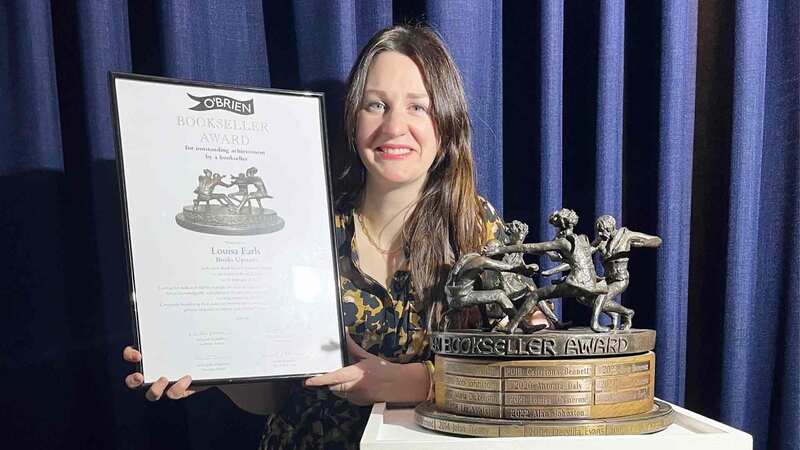You are viewing your 1 free article this month. Login to read more articles.
Borders Book Festival ends Baillie Gifford sponsorship
The Borders Book Festival, which is being held in Melrose this June, has announced that it will end its sponsorship deal with Baillie Gifford following this year’s event.
This comes days after Hay Festival and the Edinburgh International Book Festival (EIBF) announced similar decisions.
Investment manager Baillie Gifford has been criticised by the Fossil Free Books (FFB) campaign over links to fossil fuel firms and Israel. In a months-long campaign, the FFB collective has demanded that literary festivals cut ties with the sponsor while encouraging authors and attendees to boycott those festivals which fail to do so.
In a statement released earlier this month, Baillie Gifford said that it was not a significant fossil fuel investor and described claims that it had put large amounts of money into Israel-backed firms as “seriously misleading”.
The Borders Book Festival, which is scheduled to take place from 13th–16th June 2024, announced last night (4th June) that it would end its sponsorship deal with Baillie Gifford after eight years.
In a statement, festival directors Alistair Moffat and Paula Ogilvie and chairman Michael Moore said: "We took this decision with great regret because we have enjoyed eight happy and productive years working together to make our festival better, more accessible and in particular more attractive to children and families.”
"Without the support of Baillie Gifford we would not have been able to mount such a vibrant and varied children’s festival – where adults go free – and do all that we do with schools in the Borders.
"Baillie Gifford’s support has enabled us to put free books into the hands of thousands of children, and that aspect of their support will be sorely missed."
In an open letter published in the Scotsman last week, several Scottish authors criticised the FFB campaign, writing that "a strategy of protest which results in EIBF being left without a principal sponsor will jeopardise its future: this would be a Pyrrhic victory, and merely deprive writers and activists of platform and influence".
In a statement shared with the BBC, FFB representative Andres Ordorica said that while the collective’s methods might be criticised, there was a history of such protests being used to draw attention to campaigns. He added: "The aim has never been to target festivals – it is about using these festivals’ very unique relationship with this investor."


















